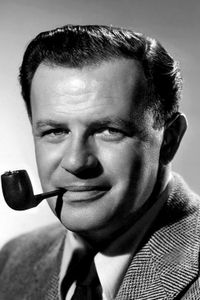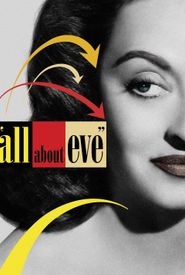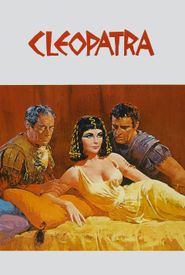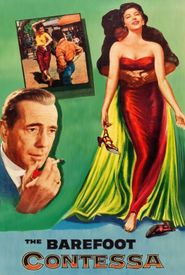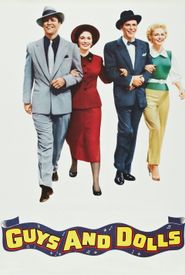Joseph Leo Mankiewicz was born on February 11, 1909, in Wilkes-Barre, Pennsylvania.
Initially, he worked as a translator of intertitles for Paramount in Berlin, employed by the UFA's American distributor, in 1928.
Mankiewicz then transitioned to becoming a dialogue writer, and later a screenwriter, working on numerous Paramount productions in Hollywood, primarily starring Jack Oakie.
In his early 20s, he began producing high-quality films for MGM, including the iconic 1940 film, The Philadelphia Story.
However, his tenure at Metro was cut short due to a dispute with studio chief Louis B. Mayer over Judy Garland.
Mankiewicz subsequently joined 20th Century-Fox, where he produced The Keys of the Kingdom in 1944, and later directed Dragonwyck in 1946, after Ernst Lubitsch's illness forced him to take the reins.
Throughout his 26-year directing career, Mankiewicz successfully tackled a wide range of film genres, including Shakespearean adaptations, westerns, urban sociological dramas, musicals, and epic films.
Two of his most renowned films, A Letter to Three Wives (1949) and All About Eve (1950),earned him widespread recognition and two Academy Awards for writing and directing, just seven years after his elder brother Herman J. Mankiewicz won Best Screenplay for Citizen Kane (1941).
Mankiewicz's more intimate films, such as The Ghost and Mrs. Muir (1947),The Barefoot Contessa (1954),and The Honey Pot (1967),showcased his exceptional dialogue writing skills, mastery of flashback storytelling, and talent for directing actors.
He had a fondness for working with English actors, and often collaborated with Rex Harrison, who became a kind of alter-ego for him on screen.
